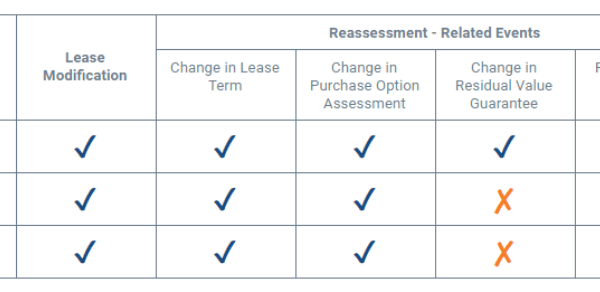This post originally appeared on Marketplace Advertiser, Connected Real Estate Magazine and is republished with permission. Find out how to syndicate your content with theBrokerList.
console.debug(‘TRINITY_WP’, ‘Skip player from rendering’, ‘is single: , is main loop: 1, is main query: 1’);console.debug(‘TRINITY_WP’, ‘trinity_content_filter’);
The COVID-19 pandemic had a negative impact on just about every aspect of the real estate industry, including property technology (proptech). In 2020, global venture capital in commercial real estate proptech dropped by almost 80% compared to 2019, while VC investments in residential proptech fell by less than 10% during that timeframe, according to PitchBook data. As the pandemic subsides however, it looks like both real estate segments are seeing renewed interest from venture capitalists.
As the halfway point of 202, approaches, VC deal activity in CRE has reached $2.6 billion in funding, putting the segment on track to make this year the second-most valuable for venture activity, according to financial data and software company PitchBook. Meanwhile, residential real estate proptech has already reached an annual record of $6.2 billion in funding. In previous years, the most talked-about proptech companies served CRE markets, but more venture capital is finding its way towards startups focused on the hotter residential sector.
“There are so many interesting trends going on in the residential space that it’s hard not to pay attention,” QED Investors co-founder and partner Frank Rotman said.
The shift is a result of the current housing shortage in the U.S. and a large millennial population hitting peak home-buying age. Plus, the traditional way of purchasing and selling homes has become less popular, creating an opening for real estate-focused startup companies.
“You only need to capture single-digit percentages of these markets to build a truly big business,” Lisa Wu, a partner with Northwest Venture Partners told PitchBook. Wu’s firm recently led a $136 million Series B for Homeward and co-led a $150 million Series C for Flyhomes, which both offer platforms to help buyers purchase homes with all-cash offers.
The future of proptech and CRE post-COVID
The future of residential real estate is deemed easier for investors to predict, given the demand for housing will outpace the supply for years, according to PitchBook. Meanwhile, CRE’s post-COVID landscape remains somewhat of a mystery. Rotman said the opportunities for CRE proptech investors is in, “calling the right future” of these sub-segments.
“You have to understand these markets extraordinarily well,” he said. “Office buildings in Manhattan are very different from mall locations in suburbia.”
Despite the pending question marks surrounding CRE, some market trends are starting to surge. For example, the growing online shopping trend has led to surge for logistics and warehousing tech.
“We have a thesis that retail and logistics are essentially merging as an asset class,” Zach Aarons, co-founder and general partner at MetaProp, a venture firm focused on early-stage real estate tech startups that just closed a $100 million third fund told PitchBook.
For example, Flexe, which offers a marketplace for large retailers to purchase warehouse space on-demand, raised an $80 million Series C this past winter. Other investors are counting on there being a need for flexible office space in the post-pandemic world. Coworking space provider WeWork who saw its initial IPO attempt fail in 2019, agreed earlier this year to go public through a SPAC merger at a valuation of $9 billion including debt.
Residential real estate is currently outpacing CRE, but Aarons is confident the latter will have more tech disruption opportunities in the future. “Commercial transactions are much more complex, but they too will eventually be digitized,” he said.
Joe Dyton can be reached at [email protected]
The post Report: Proptech bouncing back from COVID-19 slump appeared first on Connected Real Estate Magazine.



